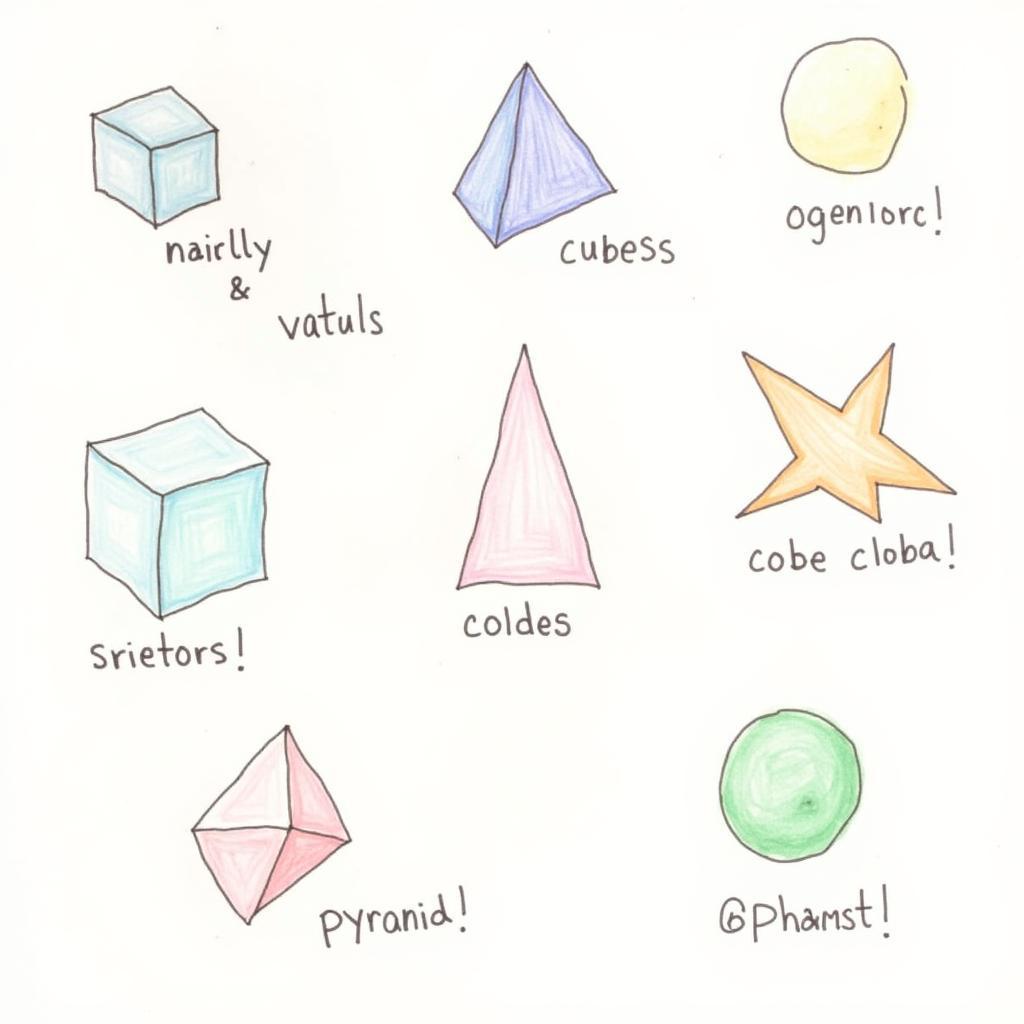The world of mathematics, while fascinating, often relies on a specific and technical vocabulary. For English language learners, grasping these “maths words” is crucial for comprehending concepts and excelling in the subject. This comprehensive guide dives deep into the essential English vocabulary needed to conquer the exciting realm of mathematics.
 Learning Math Vocabulary
Learning Math Vocabulary
Numbers and Operations: The Building Blocks
Let’s start with the fundamentals – numbers and how we manipulate them:
- Addition (+): The process of combining values. For instance, 2 + 3 equals 5.
- Subtraction (-): The act of taking away a value from another. For example, 10 – 4 equals 6.
- Multiplication (x): Repeated addition of a number to itself. So, 5 x 3 is the same as 5 + 5 + 5, which equals 15.
- Division (÷ or /): Splitting a number into equal parts. 12 ÷ 4 equals 3 means 12 can be divided into 4 groups of 3.
 Mathematics Statistics Chart
Mathematics Statistics Chart
Beyond the Basics: Expanding Your Mathematical Lexicon
As we progress, the vocabulary becomes more specialized:
- Fraction: A part of a whole, expressed as one number over another (e.g., 1/2, 3/4).
- Decimal: A number system that uses a base of 10 and a decimal point to separate whole numbers from fractions (e.g., 0.5, 1.25).
- Percentage (%): A fraction or ratio expressed as a part out of one hundred. 25% is equivalent to 25/100.
- Exponent: A small number written to the upper right of a base number, indicating how many times the base number is multiplied by itself (e.g., in 2³, 3 is the exponent).
- Square Root (√): A value that, when multiplied by itself, gives the original number. The square root of 9 is 3, as 3 x 3 = 9.
“Having a strong grasp of mathematical vocabulary not only helps students solve problems but also allows them to effectively communicate their mathematical thinking,” shares Ms. Emily Carter, an experienced mathematics educator. “It’s like learning the language of a new country – fluency opens doors to deeper understanding.”
Geometry: Shapes and Spatial Reasoning
Geometry delves into the world of shapes, sizes, and spatial relationships:
- Line: A straight path extending infinitely in both directions.
- Angle: The space between two intersecting lines or surfaces, measured in degrees.
- Triangle: A three-sided polygon.
- Circle: A shape where all points are equidistant from a central point.
- Perimeter: The total distance around the outside of a two-dimensional shape.
- Area: The amount of space inside a two-dimensional shape.
 Spatial Geometry Concepts
Spatial Geometry Concepts
Algebra: Unlocking Equations and Variables
Algebra introduces the concept of representing unknown quantities with letters (variables):
- Variable: A symbol (usually a letter) representing an unknown value in an equation.
- Equation: A mathematical statement that shows two expressions are equal (e.g., 2x + 5 = 11).
- Solve for x: The process of finding the value of the unknown variable (x) in an equation.
- Function: A relation where each input has exactly one output.
Statistics and Probability: Making Sense of Data
In our data-driven world, understanding statistics and probability is key:
- Mean: The average of a set of numbers.
- Median: The middle value in a sorted set of numbers.
- Mode: The most frequent value in a set of numbers.
- Probability: The likelihood of an event occurring.
Conclusion: Embrace the Language of Mathematics
Mastering English mathematical vocabulary empowers students to not only understand concepts but also to think critically, solve complex problems, and communicate their ideas with precision. As you embark on your mathematical journey, remember that every new term you learn is a step towards unlocking a world of fascinating possibilities.
FAQs
1. How can I improve my math vocabulary?
Start by creating flashcards with English terms on one side and definitions or examples on the other. Practice using the terms in sentences and try explaining concepts to others.
2. Are there any online resources for learning math vocabulary?
Absolutely! Websites like Khan Academy, Math is Fun, and BBC Bitesize offer interactive lessons and activities to reinforce math vocabulary.
3. Is it essential to know the English terms for math concepts?
Yes, especially if you are studying mathematics in an English-speaking environment or using English-language textbooks and resources.
4. What are some tips for remembering math terms?
Try to connect new terms to visual representations or real-world examples. Breaking down complex words into their root words can also aid understanding and memorization.
5. Where can I find more practice problems and exercises?
Many textbooks, online platforms, and workbooks offer a wide range of practice problems categorized by topic and difficulty level.
Need further assistance in your learning journey? Contact us!
Phone Number: 0705065516
Email: thptquangtrung@gmail.com
Address: NB tổ 5/110 KV bình thường b, P, Bình Thủy, Cần Thơ, Việt Nam.
We have a dedicated team available 24/7 to support you. Explore our website for more informative articles, such as our guides on [how to learn the words in English](“cách học các từ trong tiếng anh”) or [tips for natural beauty](“bí quyết làm đẹp tự nhiên mỗi ngày học beauty”). We also offer exciting opportunities like our [summer study abroad program in Singapore](“du học hè singapore ef”) and [scholarships for vocational training in Germany](“học bổng du học nghề đức”). Don’t hesitate to reach out!